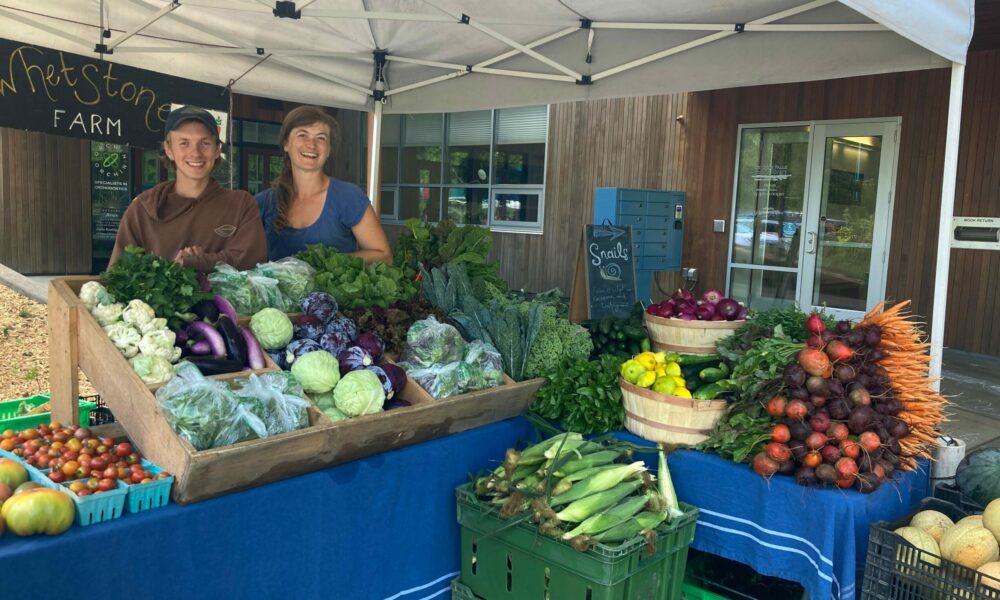

Today we’d like to introduce you to Emily Hanson.
Hi Emily, we appreciate you taking the time to share your story with us today. Where does your story begin?
I began farming in 2011, starting Stone’s Throw Urban Farm in Minneapolis with other young people after working on a farm at home in New Hampshire the previous summer. My partner Klaus joined the urban farm as a partner in 2013, and we began making plans to move out of the city so we could raise animals. We moved to the country in 2014 and started Whetstone, raising grass-fed sheep and growing organic vegetables while continuing to work with Stone’s Throw and a group of Latino/farmers to form Shared Ground Farmers’ Coop. We spent those first 6 or 7 years of farming, growing veggies wholesale through Shared Ground, rotationally grazing our 100% grass-fed sheep herd, selling our lamb and mutton, and then purchasing a herd of Galloway cattle and raising two kids! Sylvan was born in the chaos of our first year farming in 2014 and Aldo in 2017. From the start, Klaus and I never endeavored to run a “family farm”- we felt that the nuclear family farming model was isolating and stressful, and we wanted to live and work in a close community. So, as Shared Ground closed its doors at the end of 2021, we were already beginning the next exciting phase of our cooperative farming endeavors— working closely with Clint Freund and Kass McKinnon of Cultivating the Commons seed company to purchase the 138-acre farm across the street and turn it into a collective farm. We are in the thick of this process; over the last two and a half years, we have grown our community to a group of 7 adults and four children, worked with American Farmland Trust to acquire and put conservations easements on the land, and had countless meetings and workshops examining our options for cooperative land ownership. All while growing lots of vegetables, seeds, and grass-fed animals.
Would it have been a smooth road, and if not, what are some of the biggest challenges you’ve faced along the way?
Farming has been anything but a smooth road despite our privilege and access to resources. We didn’t own land or have any credit when we decided to move out of the city and start raising animals, so we had to rent at first. This was a great opportunity but also presented many challenges regarding needing help making autonomous land management decisions or investing in long-term asset building like infrastructure or perennials. We also took on too much when we started because we wanted to make our living from farming immediately and not have to split our time between off-farm jobs and the farm. However, that meant we had to jump in at a large scale to make the numbers work. We had to take on a lot of debt early on to buy land and invest in all the equipment and infrastructure needed to start a farm. Neither of us came from a farming background, so we also had an incredibly steep learning curve on everything from trimming hooves on our sheep to soil management to rotational grazing to building greenhouses to tractor maintenance, you name it. Also, we decided to have kids right when we were starting our farming journey, and while that’s presented many joys, it’s also been incredibly stressful at times– parenting is a full-time job, and so is farming.
We’ve been impressed with Whetstone Farm, but for folks who might need to be more familiar, what can you share with them about what you do and what sets you apart?
At Whetstone Farm, we are known for our high-quality organic produce and 100% grass-fed meats. We also offer a range of other products from our sheep flock that are not easily found locally. These include sheepskins tanned at Driftless Traditional Tannery in WI, wool bedding (comforters and pillows) processed in MN, and tallow balms made with tallow from our sheep right here on the farm. We are committed to using every part of the animals that we raise with such care, and to offering high-quality products to our community from these incredible animals. We also provide on-farm slaughter for our sheep and teach slaughter-your-own lamb classes. The skills of butchery are crucial and are quickly being lost. Slaughtering our sheep on-farm allows the animals a much less stressful experience in their last moments, and also allows us, as the eaters of the meat, to have a deep and respectful connection with our food. Our values are deeply rooted in working together in a close community to secure long-term land access for people who want to steward the land and grow healthy food. We are striving towards a democratically governed, resilient collective farm. We value multi-generational community, land access, and building a symbiotic relationship with the land we call home. While collective farms and communal land ownership are not the norm, they are becoming more common as our culture realizes that isolation does not serve us well. We need each other to thrive.
Pricing:
- CSA Shares $575-$880
- Sheepskins $200-$400
- Wool Comforters $300-$675
- Wool Pillows $115
- Tallow balms $12-$20
Contact Info:
- Website: whetstonefarm.com
- Instagram: https://www.instagram.com/whetstonefarm/?hl=en
- Facebook: https://www.facebook.com/whetstonefarm
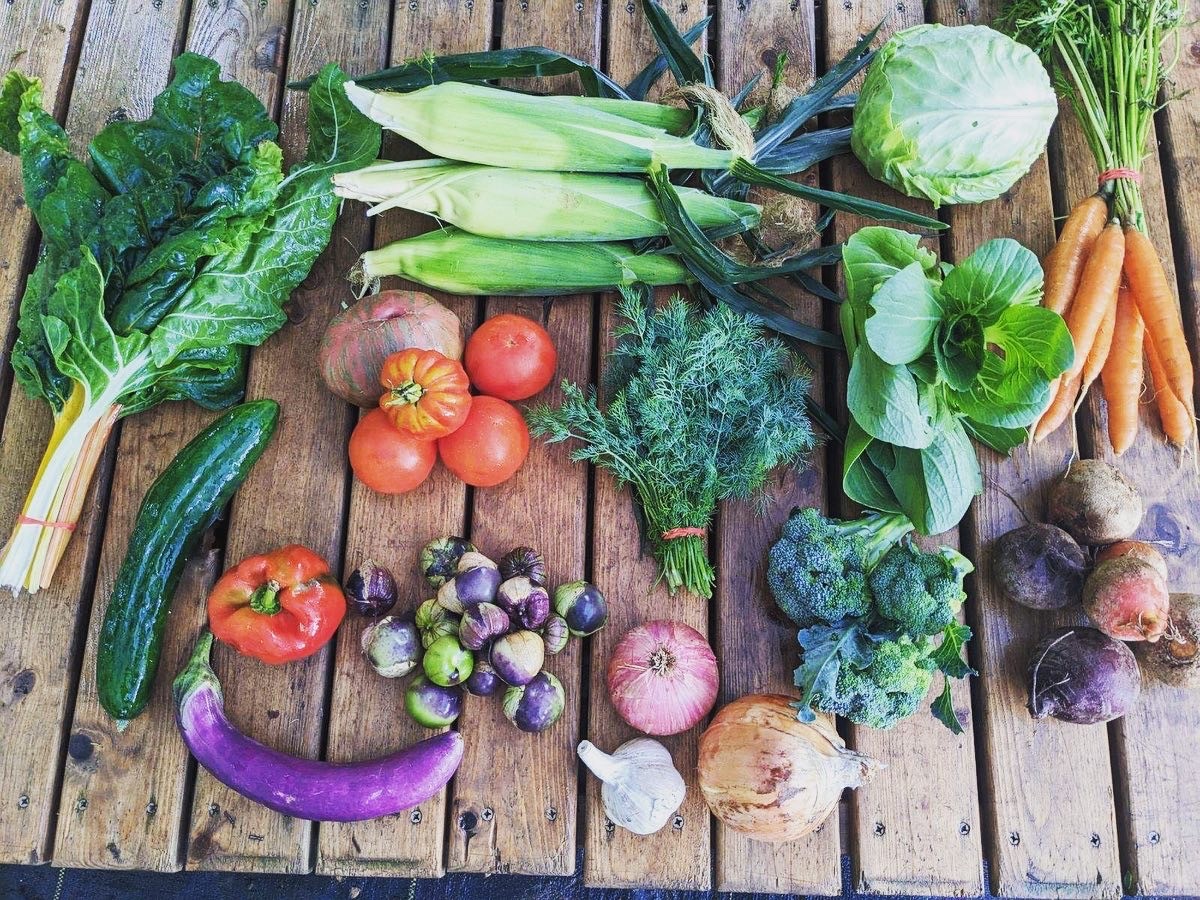
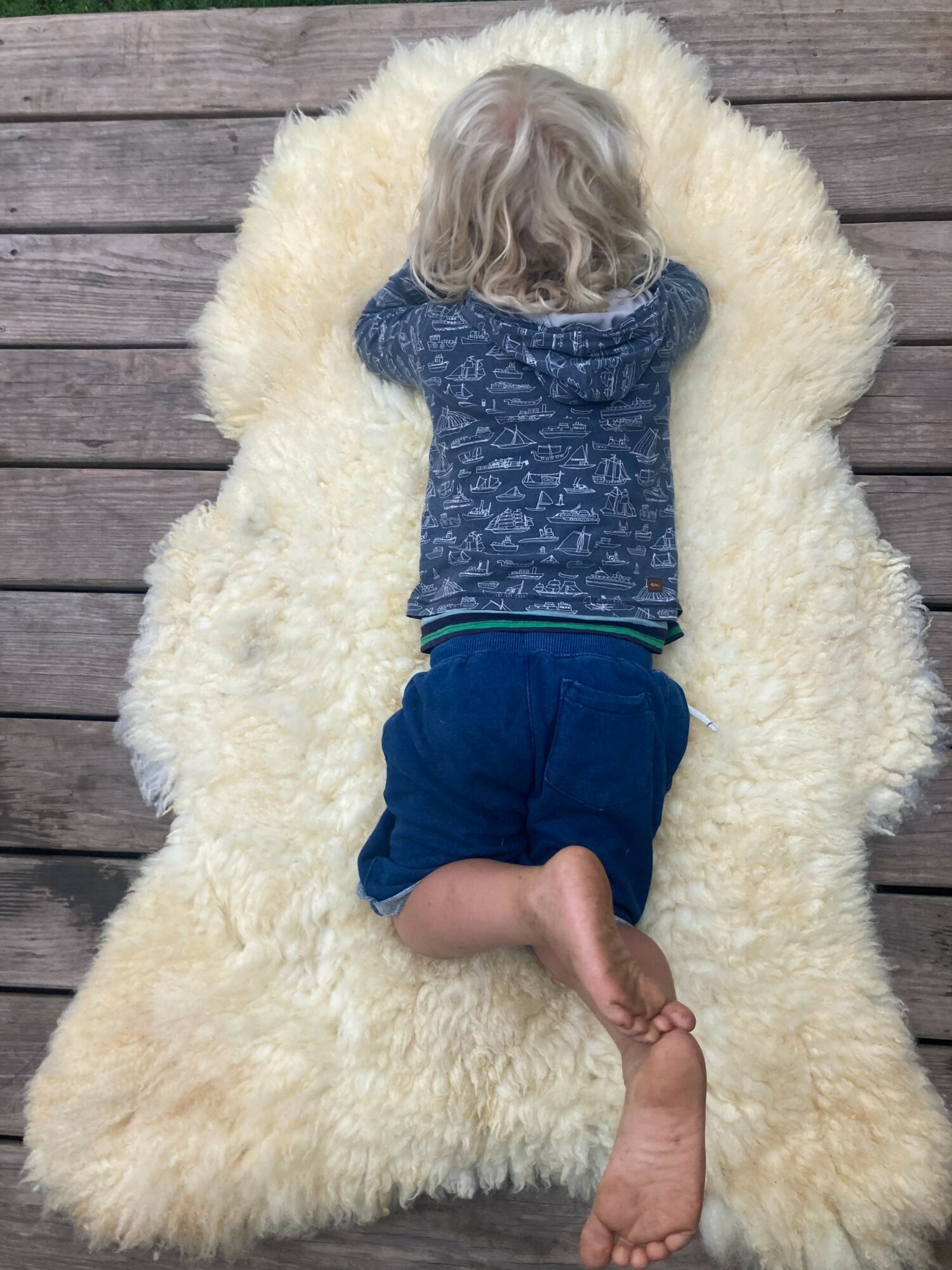
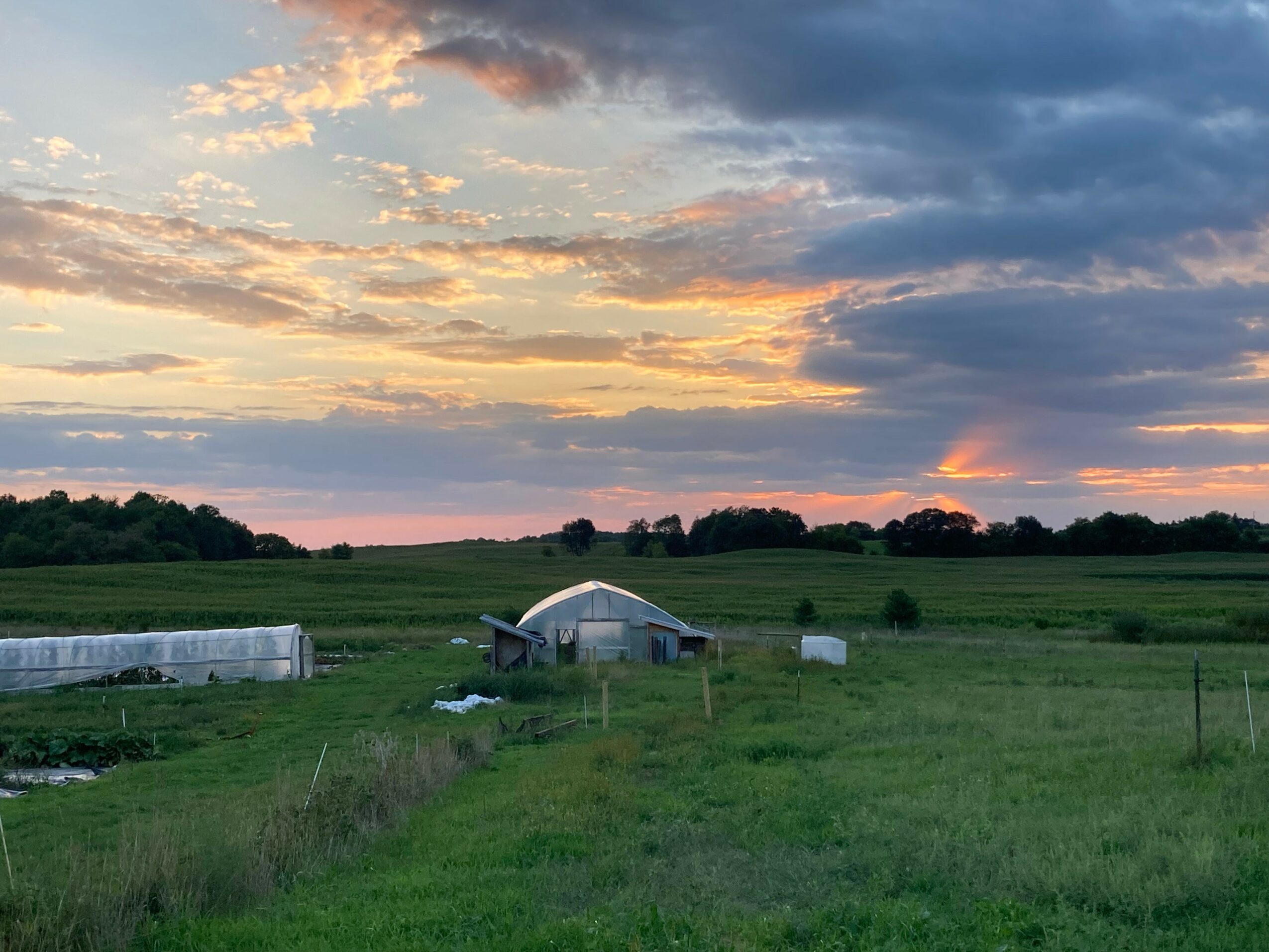
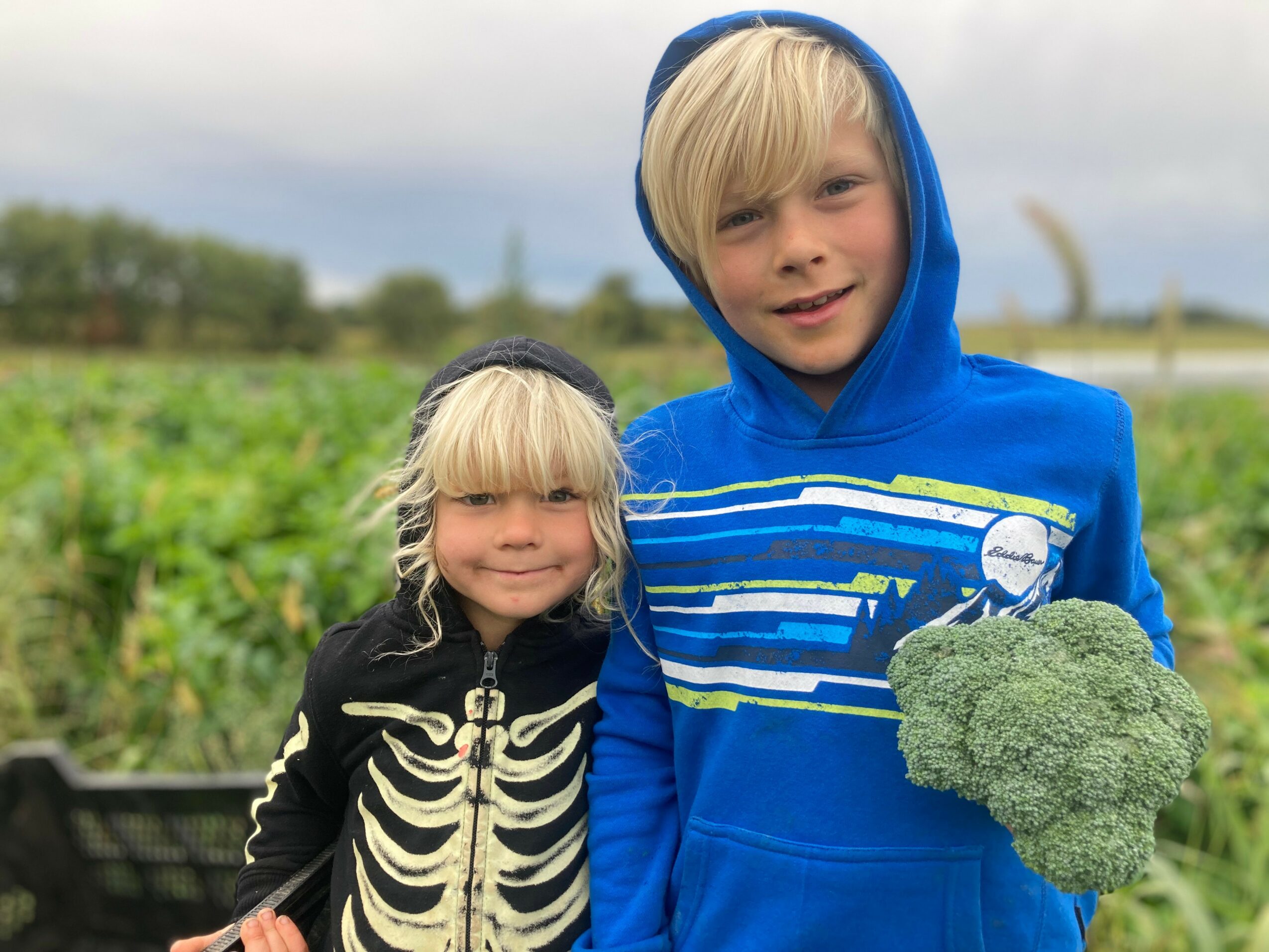
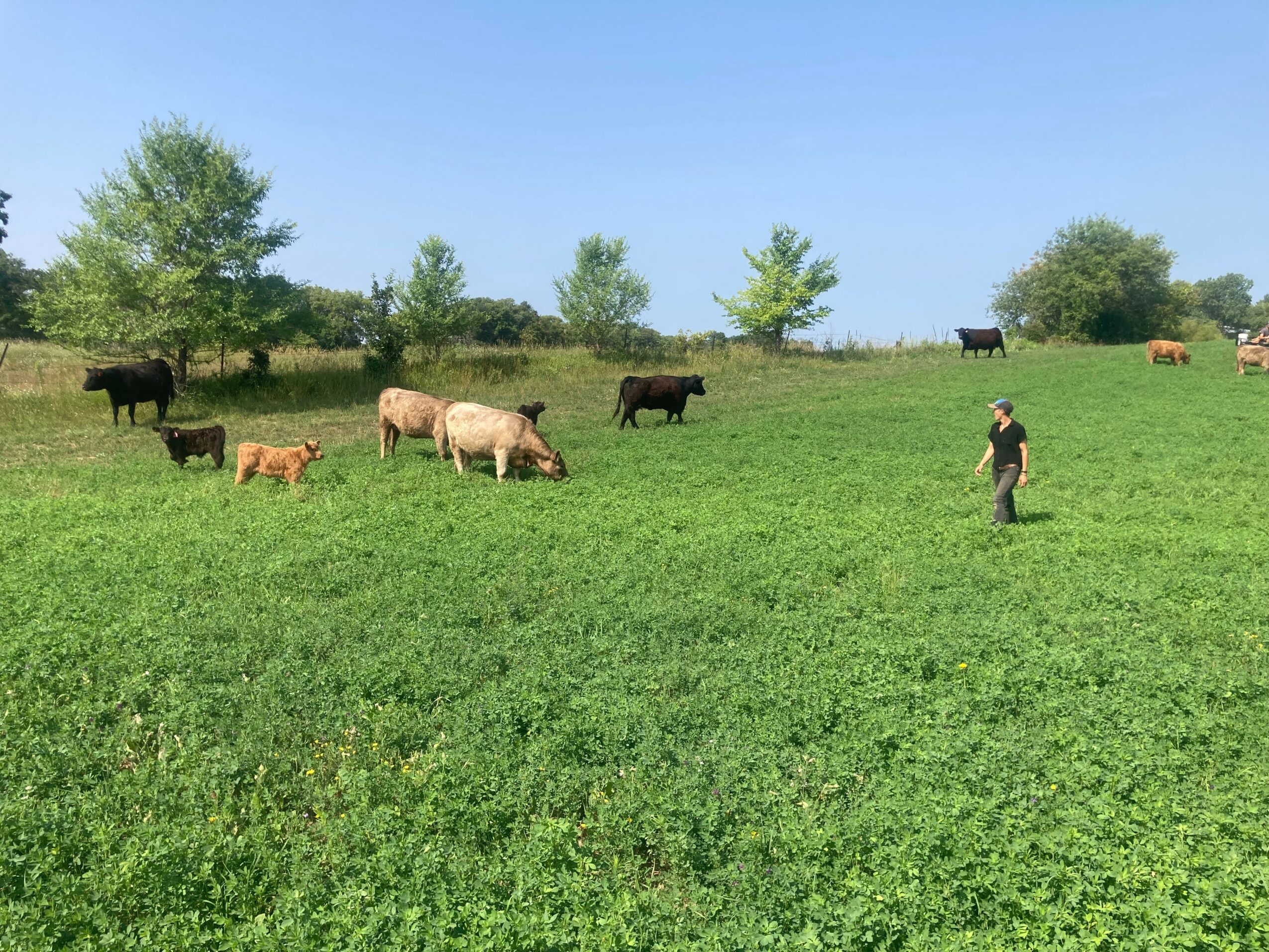
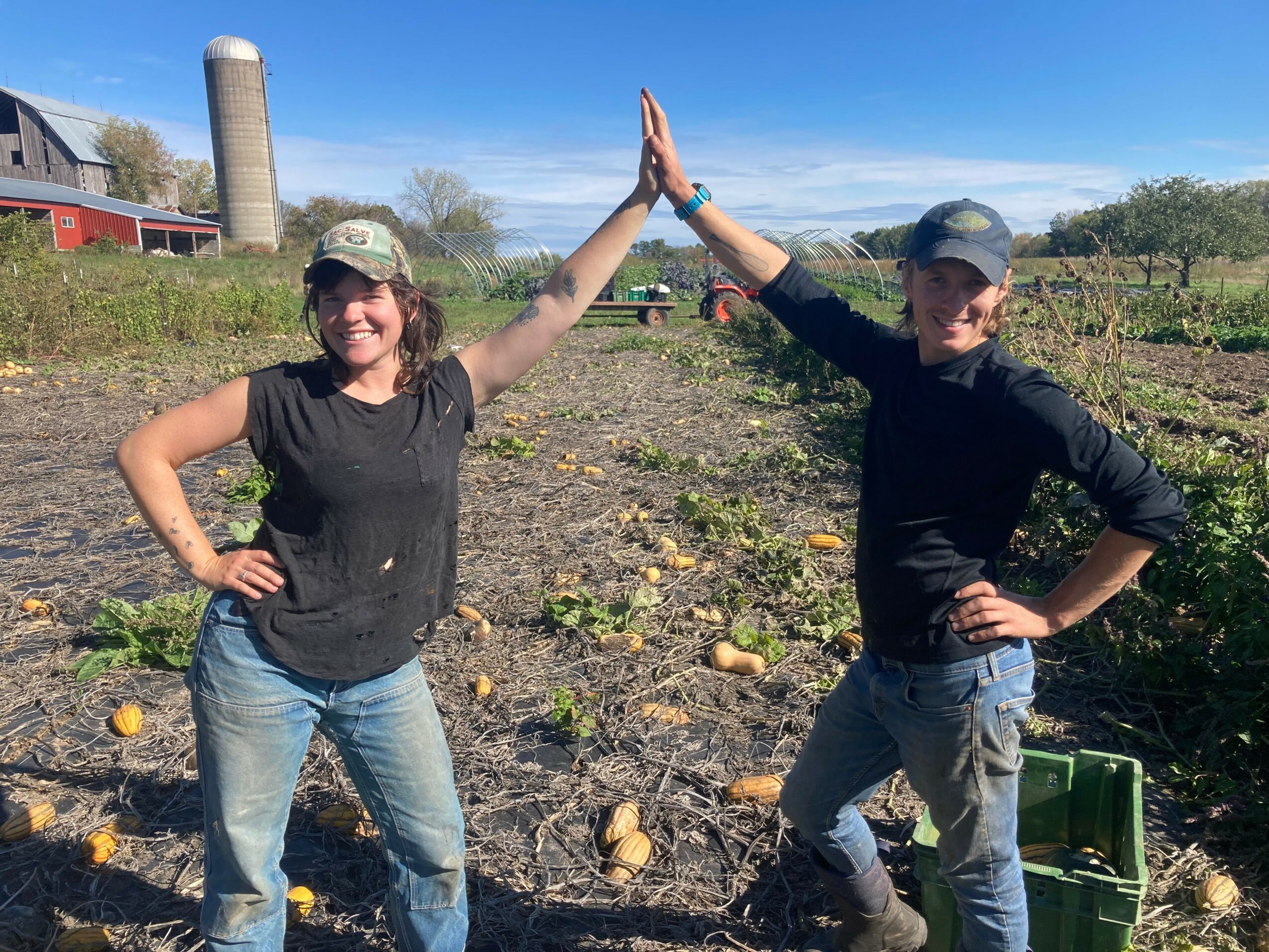
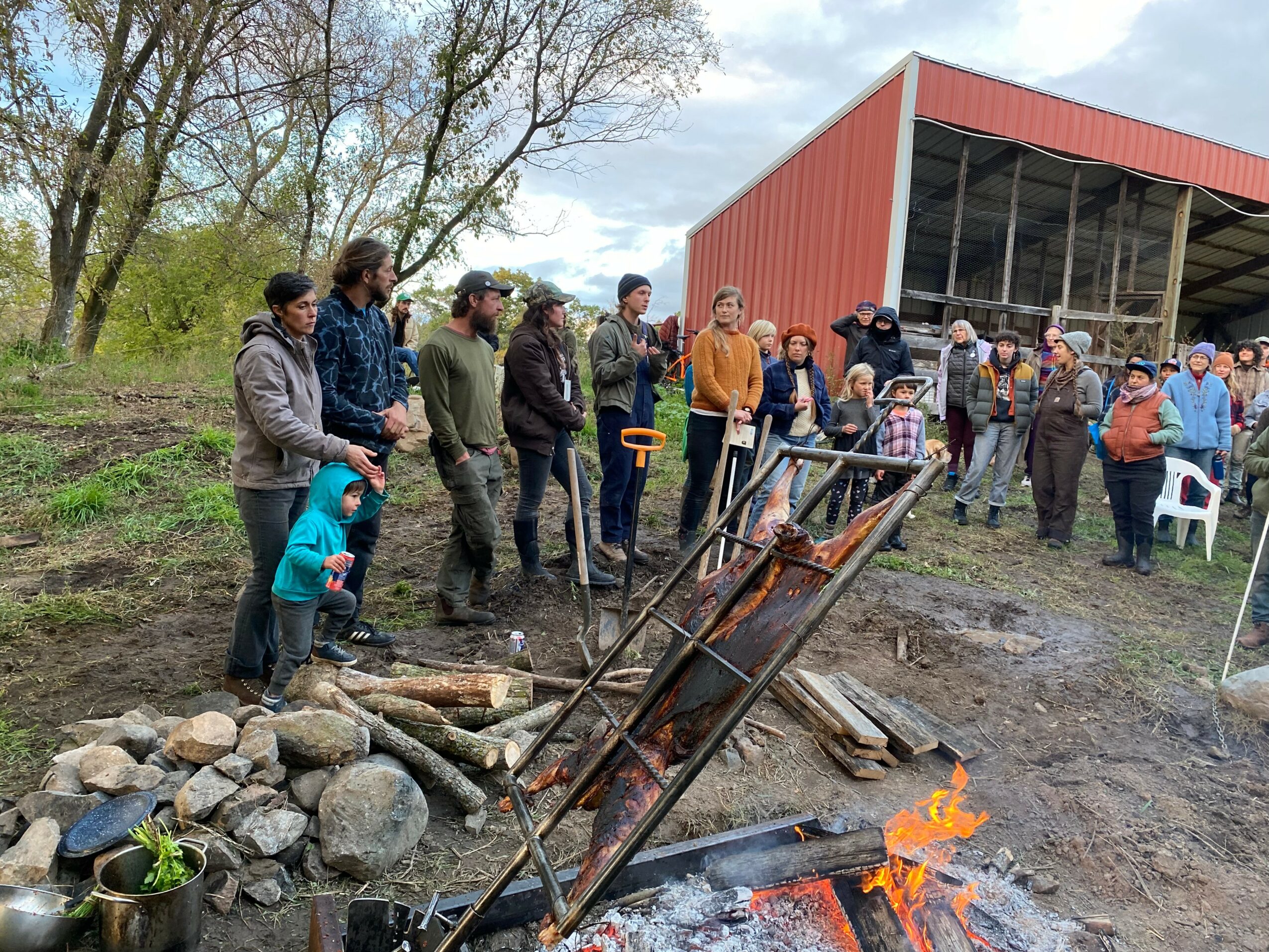
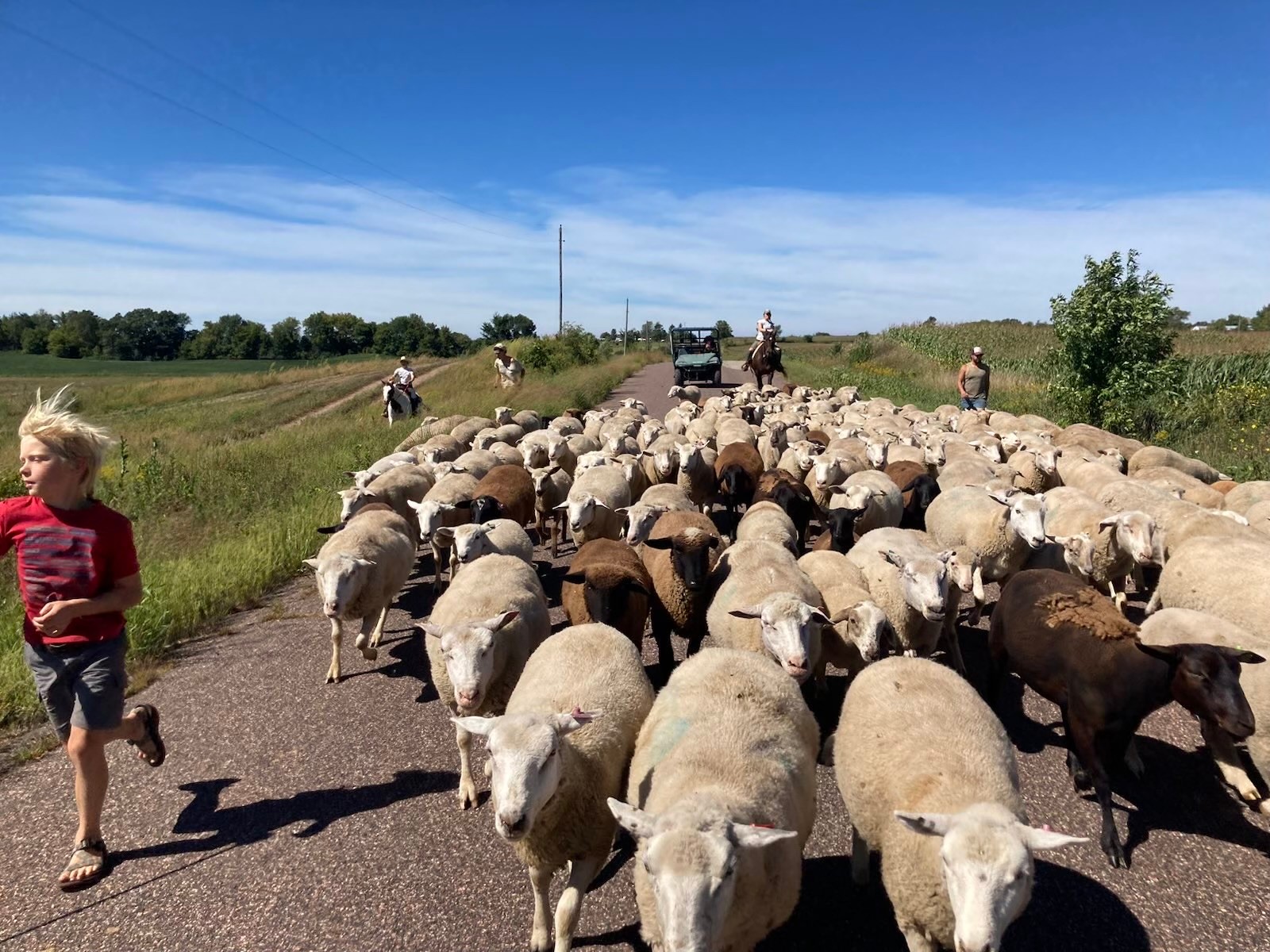
Image Credits
Emily Hanson











